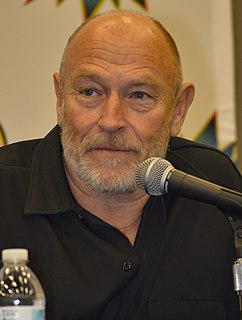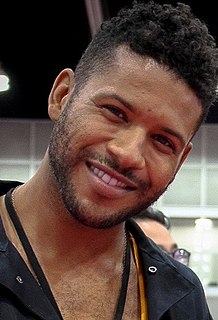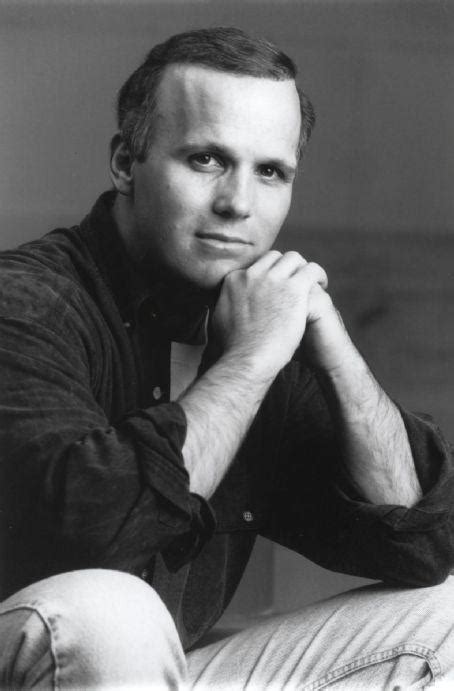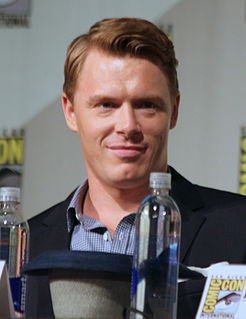A Quote by Corbin Bernsen
I always used to say, as a director, that I could make anybody good in a movie if you found the right part. It all comes down to casting.
Related Quotes
At 21 years old, I found myself in Vancouver, and that's where I got the part for my first movie. I was sitting in a restaurant, and the director came up to me and asked me to read for his film. I really took it with a grain of salt. It was the creepiest casting situation, probably. It turned out that it wasn't.
I was modeling while I was in university and my agency said, 'There's this fashion campaign, can you go?' And I didn't want to; I told him I wanted to focus on my acting, but I ended up going, kind of dragging my feet, and it turns out, the casting director for it was the casting director for Lars von Trier's new movie.
With a director it's all about the work; I'd work with a great director over - you know, I'm not the kind of actor who that doesn't go, 'I want to play this role.' It's more like, 'I want to work with this director,' regardless of what the role is because if it's a good director, you'll probably find a good role because it's a decent film. But a mediocre director will always make a mediocre movie.
The way I pick movies is, first, if the script is any good. Then, if the script is good, who else is in it, the director, the producer, all that. If you have all that, there's a chance the movie will be great. If the script isn't right, or the director or cast isn't right, you've got no shot in hell.
With a good script a good director can produce a masterpiece; with the same script a mediocre director can make a passable film. But with a bad script even a good director can’t possibly make a good film. For truly cinematic expression, the camera and the microphone must be able to cross both fire and water. That is what makes a real movie. The script must be something that has the power to do this.



































